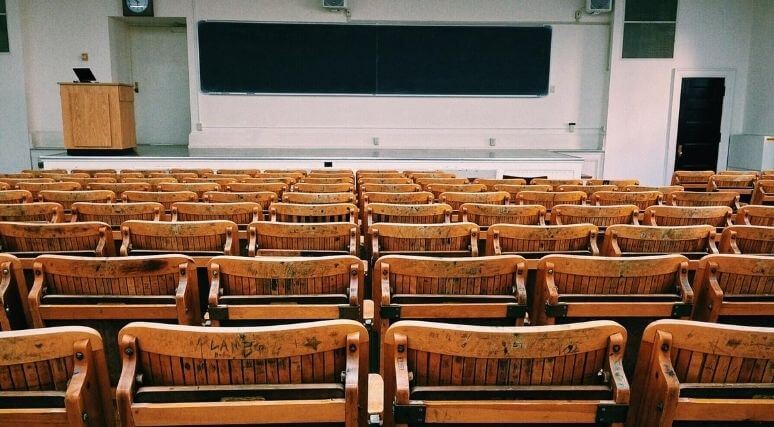 Students and their families will likely pay the lion’s share of the personal and financial challenges in the great post-secondary experiment of 2020, write Ken Coates and Carin Holroyd.
Students and their families will likely pay the lion’s share of the personal and financial challenges in the great post-secondary experiment of 2020, write Ken Coates and Carin Holroyd.
By Ken Coates and Carin Holroyd, August 6, 2020
In September, both Canadian and international students will unwillingly participate in the greatest post-secondary experiment in national history.
COVID-19 has wreaked havoc on Canadian universities, polytechnics, and colleges. Earlier this year, institutions adapted to pandemic realities and limped through the academic year. But as the start of the fall semester approaches, the enormity of the educational challenge is becoming apparent.
Conditions are not in institutions’ favours. Governments are making it hard for international students to come to Canada. A substantial but unknown number of students will not start or return to school, leaving institutions strapped for cash. As financially troubled post-secondary institutions reduce staff, cancel new hires, and cut back on expenditures, they also prepare for the most uncertain instructional semester ever.
But the situation is graver than these painful realities suggest. The incoming high school graduates are probably the least well-prepared in modern history. Regular classes ended mid-March and students made a chaotic transition to temporary, online instruction. To call the resulting educational experiences uneven would be too kind.
Problems will worsen if post-secondary institutions do not adapt their first-year courses. Given an existing failure or dropout rate of nearly 30 per cent for first years in regular times, the added complication of online instruction after a weak ending to their high school years could easily be a bridge too far.
While studying online can be as rewarding and intellectually challenging in-person instruction, online learning requires skills not typically taught in high school such as a high level of commitment, careful attention, and considerable independence. For many younger students, this transition could well prove to be extremely difficult.
Conestoga College has taken the bold step of declaring that the institution will be almost entirely online for the whole 2020-2021 academic year. This is likely realistic and honest given even optimistic timelines for a COVID-19 vaccine.
Many students might be best served by delaying their studies, but for those who hope to press forward, there are a few steps that students and their parents should consider to improve their chances of success.
Academically weaker students — those who achieve marks under 80 per cent — in core academic subjects, are particularly at risk. These students should seriously consider taking a gap year or enrolling in an appropriate transition program. Alternatively, students in this category should consider registering for a partial course load, a step that might increase their chances of completing their courses.
Incoming students should also take the next few weeks to experiment with online instruction. Many institutions have voluntary summer online transition programs, which students should participate in. Those who cannot will be less likely to study online successfully.
All students must realize that full-time study is more than a full-time job. Students enrolling in a full course load, particularly at university, should budget at least 50 hours a week for their studies. This includes direct class/instructional time, assignments, and some extracurricular activities. It also includes a substantive amount of reading, far more than students have likely ever done, and those who are unprepared to do so often struggle with coursework.
Finally, students will need appropriate digital devices, a proper study space, and a lot of quiet time. Sadly, this attaches some serious socio-economic conditions to post-secondary participation. Many First Nations and rural communities do not have proper and reliable Internet connections. Students in poor families often do not have the resources necessary for a good learning environment, despite an often extraordinary personal and family commitment to post-secondary study. If proper supports are not in place, there will be an even stronger than normal outcome bias in favour of students from high-income families.
Online education can be successful, as institutions like Athabasca University have demonstrated. But this autumn will see most unusual circumstances, with the chaos of the pandemic and the uncertain adaptation to online instruction. Faculty are trying. Institutions are working hard. But students have not been well-informed about the challenges and the realities of online instruction. Students and their families will likely pay the lion’s share of the personal and financial challenges in the great post-secondary experiment of 2020.
Ken Coates is a Senior Fellow at the Macdonald-Laurier Institute. Carin Holroyd is a professor of Political Studies at University of Saskatchewan.




